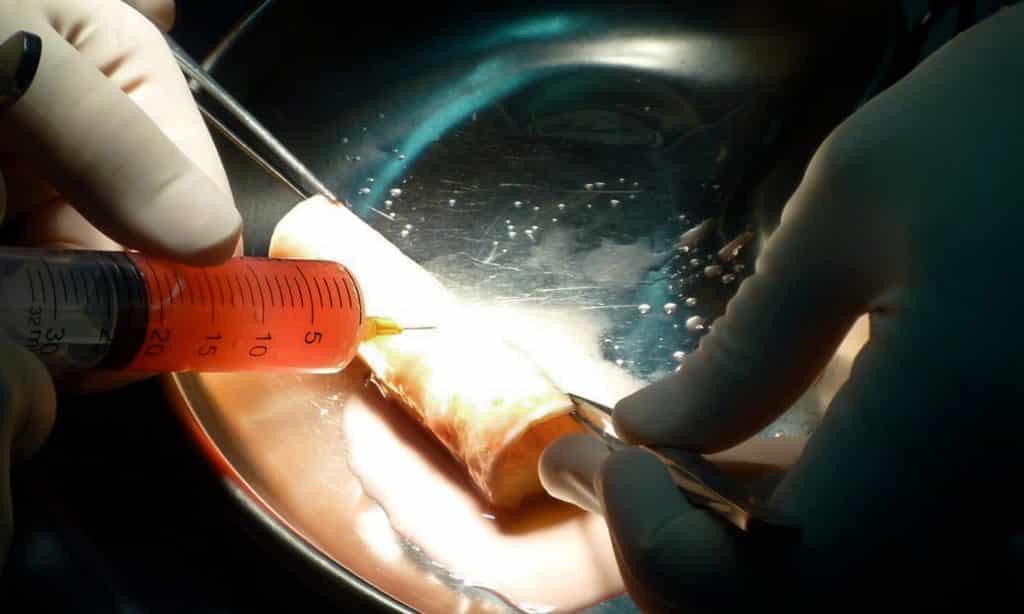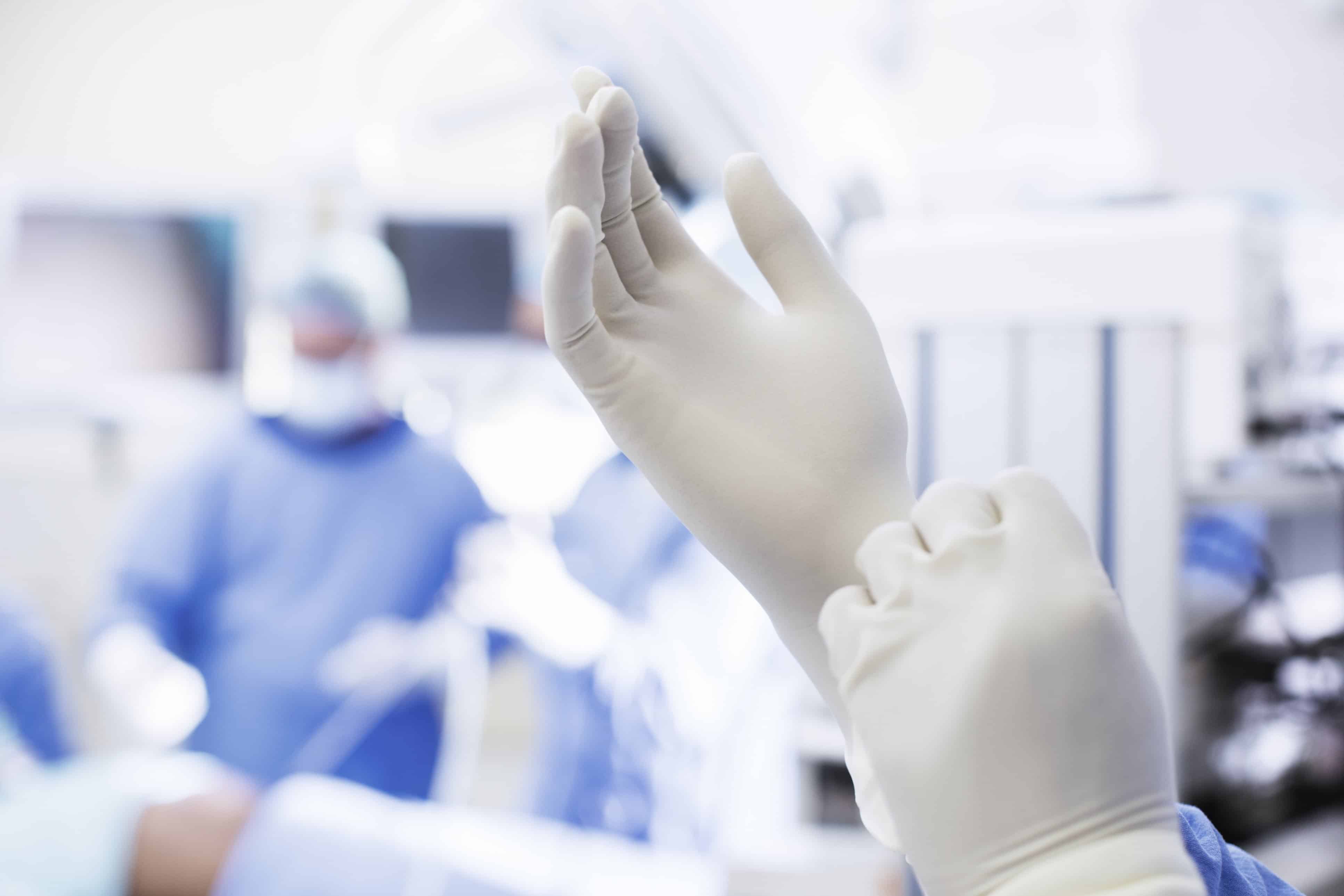Unapproved Implants Used In Surgery On Human “Guinea Pigs”
An artificial windpipe, an arterial graft and a synthetic tear duct manufactured by scientists at University College London were used in operations despite not being approved for use in humans. The experimental implants that should only have been used in laboratory or animal tests were sent abroad and used on patients who were treated like human guinea pigs, an enquiry has found.

One recorded case states a 26 year old man from Tehran was implanted with a graft to bypass the femoral artery. The outcome of the procedure was not established. Other documents suggested that plastic discs had been sent to Mumbai, India where they were implanted under the skin of a patient in need of an ear reconstruction to test that the material was bio-compatible. The report did not find evidence to show that patients had come to harm as a direct result of these breaches, but it did not rule out the possibility either.
The inquiry came about after concerns were raised about the relationships between several researchers at UCL and the now-disgraced surgeon Paolo Macchiarini, who conducted massively unethical trials at the Karolinska Institute in Sweden. When he was working, Macchiarini became something of a celebrity, as he seemingly pioneered the use of regenerative medicine.
The first surgery to take place saw the trachea of a patient replaced with an artificial scaffold seeded with the patient’s own stem cells. This scaffold was built by a scientist, called Alexander Seifalian (dismissed in 2016 for an unrelated case), working at the time at UCL, but his laboratory was not actually licensed to make clinical-grade devices.
Seifalian’s laboratory was not licensed to make clinical grade devices, the inquiry found, and no permission had been sought from the health regulator to use an unlicensed device. Normally the MHRA only grants such approval in compassionate use cases or in a medically urgent situation where there are no suitable alternative treatments.
In his defense, Seifalain claimed that these implants were tested on humans without his knowledge, learning only of the surgery after it had taken place and assuming that those involved had received the necessary permission beforehand.
The report recommends that the cases should be reported for further investigation, but stopped short of suggesting investigations into current staff.























